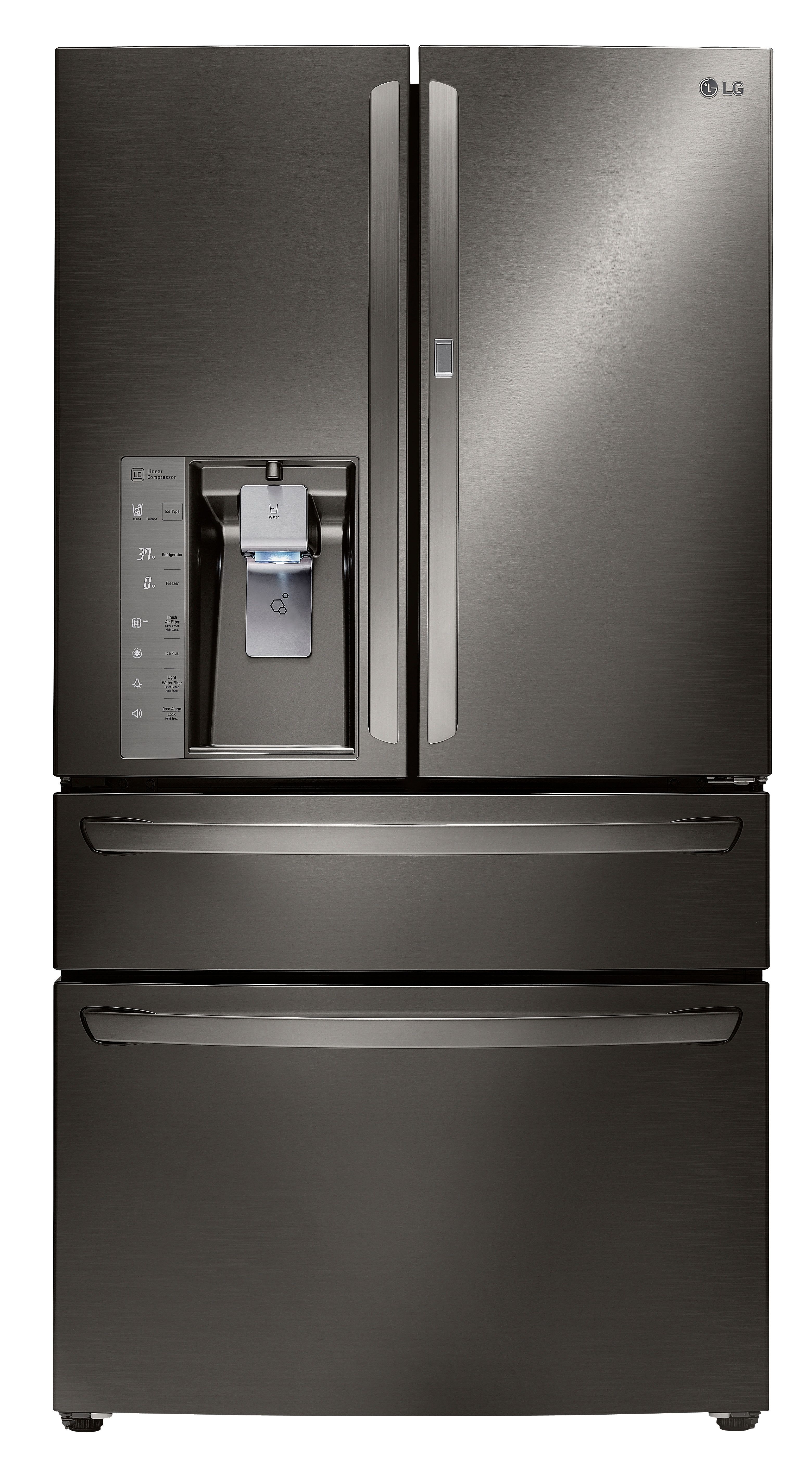Samsung French Door Fridge Filter Reset

Water filter after about 6 months of using the original water filter which typically amounts to about 320 gallons or 1200 liters of water the filter indicator will turnt red to let you know it is time to replace the water filter.
Samsung french door fridge filter reset. Once you replace the filter with a new one the indicator light should revert back to a blue light. Save hundreds of so do this before you call for service. Water filter indicator the water filter indicator light is designed to turn orange after five months or 450 gallons and red after six months or 500 gallons. This applies to those who use any of the samsung french door refrigerators which come with filter indicators to remind users to change the water filter in the refrigerator on time.
If this filter indicator is giving you issues you can solve the problem by pressing a few buttons. Samsung french door refrigerator ice maker reset. Additionally before performing a reset make sure your ice maker isn t turned off. When the light turns red the filter requires changing.
Samsung remote service enables one of our specially trained technicians to remotely view and control your samsung tv and smartphone to directly help you with your product. Depending on the model you have the light can be either green or blue. How to reset ice maker for samsung refrigerator french door. To reset the water filter indicator you need to find the multi function button s on your display that controls the filter indicator.
See all specs is located right above the review section. Whether you have the filter pictured or the canister style filter located on the back wall of the refrigerator the method to replace is exactly the same. Do not use third party water filters. If the red filter indicator on your samsung refrigerator won t turn off there is a way to force the reset.
Samsung ice maker not working. Before replacing the filter make sure the water supply line is shut off. Only reset your ice maker if you are experiencing no ice production or unusually low ice production.














































